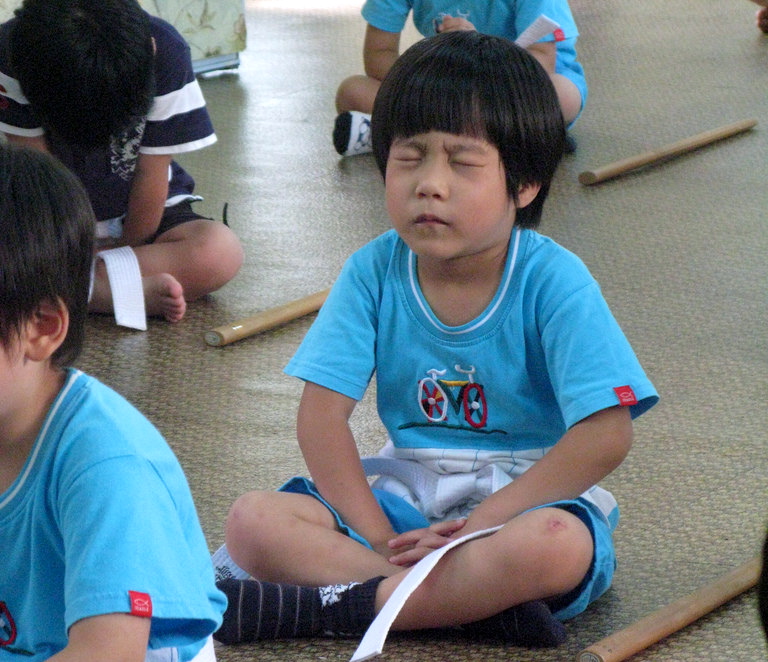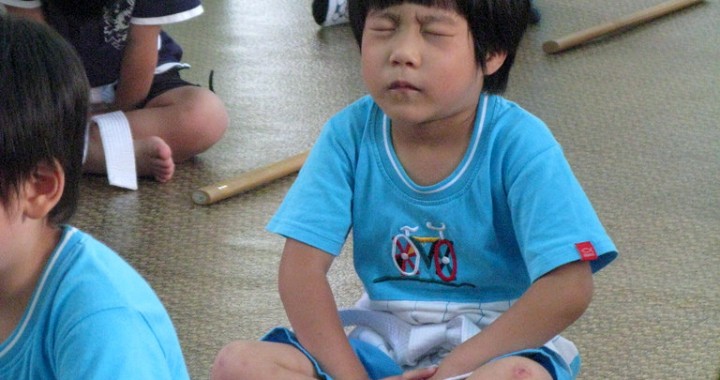 The holidays are fast approaching, and many of us are heading home to spend time with family. For some, this means confronting challenging political views and challenging interpersonal dynamics. As far as mindfulness is concerned, these are the moments where the rubber meets the road!
The holidays are fast approaching, and many of us are heading home to spend time with family. For some, this means confronting challenging political views and challenging interpersonal dynamics. As far as mindfulness is concerned, these are the moments where the rubber meets the road!
If you’re anxious about holiday family time, here are six tips to keep your mindfulness and compassion alive:
- Schedule time to connect with friends. Though you may be across the country from your social circle or romantic partner, a few well-placed phone calls can provide a much needed dose of connection and co-regulation. Let it be a good 20 minutes, and be present for it—find a quiet place, lie down, and soak in the connection. No need to complain about Uncle Bob’s misogynistic comments—you can talk about anything! A large part of the psychological benefit that comes from connection comes regardless of the content being exchanged.



 I’ve been struggling for days to come to some clarity about how to hold the grief many of us are experiencing as a result of the election. Personally, I’ve gone through waves of deep sadness, a couple restless nights, and about 36 hours of believing that at some point I’d simply wake up from this dark dream. I’ve felt despair. I’ve felt incredibly motivated to engage. And at times I’ve felt strangely numb. Then suddenly, about 20 minutes ago, my fingers started typing out a set of instructions for myself which seemed surprisingly coherent and helpful. In navigating whatever you are going through, I hope these instructions help you too:
I’ve been struggling for days to come to some clarity about how to hold the grief many of us are experiencing as a result of the election. Personally, I’ve gone through waves of deep sadness, a couple restless nights, and about 36 hours of believing that at some point I’d simply wake up from this dark dream. I’ve felt despair. I’ve felt incredibly motivated to engage. And at times I’ve felt strangely numb. Then suddenly, about 20 minutes ago, my fingers started typing out a set of instructions for myself which seemed surprisingly coherent and helpful. In navigating whatever you are going through, I hope these instructions help you too:



 As humans, we are evolutionarily wired to avoid what is uncomfortable or unknown. Mindfulness is counterintuitive in that it trains us to turn toward discomfort, allowing it to be just as it is (
As humans, we are evolutionarily wired to avoid what is uncomfortable or unknown. Mindfulness is counterintuitive in that it trains us to turn toward discomfort, allowing it to be just as it is (